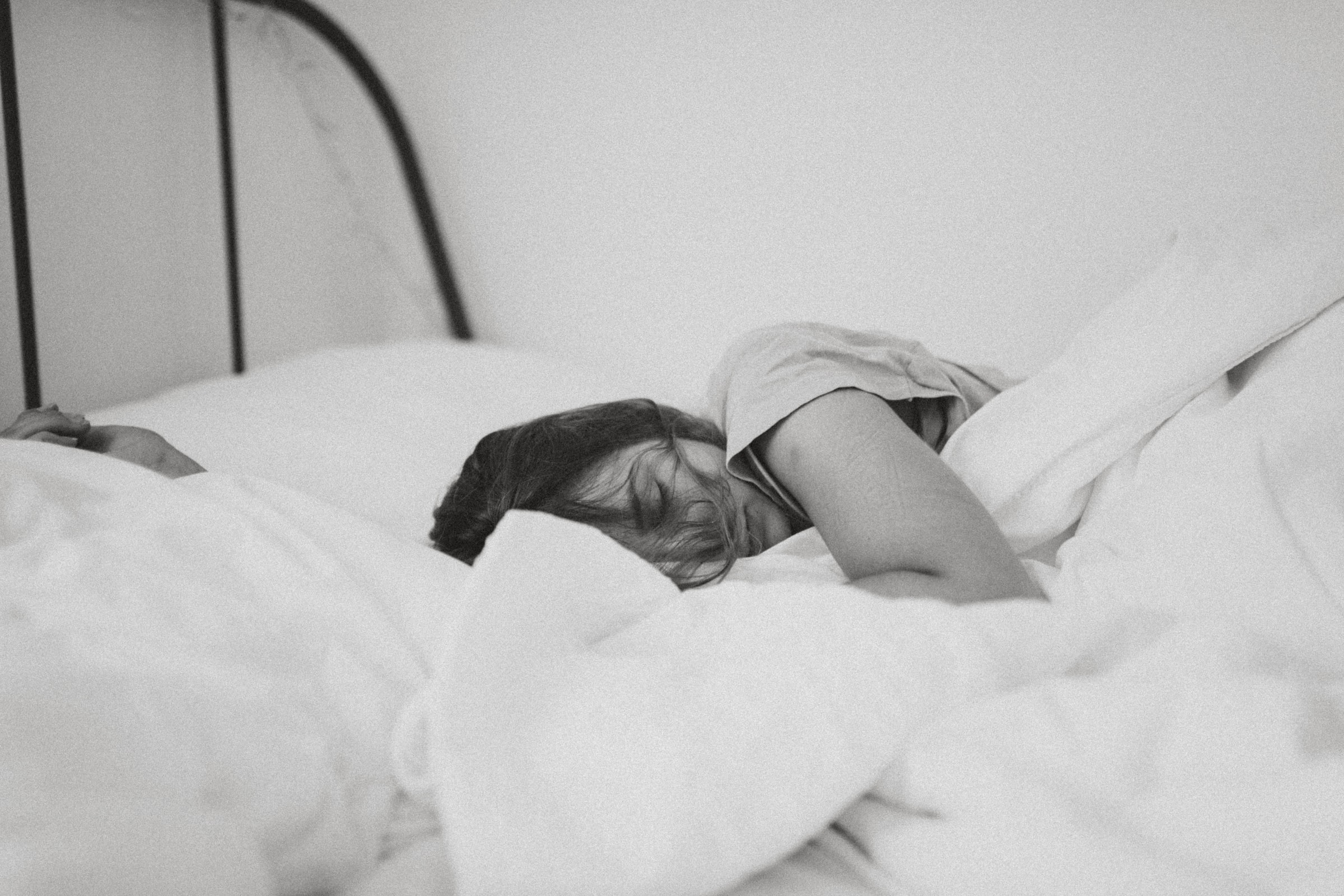
Life&Style writer Emily Burnett offers some advice on getting a better night’s rest as many struggle to sleep during lockdown
If you’ve been struggling to sleep in lockdown you’re not alone- according to a study by Kings College London and Ipsos MORI, nearly two thirds of Britons say their sleep has been worse since lockdown began. This includes around half of people who have had disturbed sleep, and two in five people who have been sleeping less. Interestingly, almost a third of people have been sleeping more, but feel less rested, whilst a quarter of Britons are lucky enough to be sleeping more, and feel more rested as a result.
Those who are finding the pandemic stressful are twice as likely to have vivid dreams than those who are not stressed
Two in five people have been experiencing vivid dreams, which seem to be stress related, as those who are finding the pandemic stressful are twice as likely to have vivid dreams than those who are not stressed. Since stress is one of the top causes for sleep difficulties, reducing stress will help you to get a better night’s sleep. Of course, this is easier said than done so here are some tips to help you sleep better:
1. Get into a routine.
Plan to go to sleep and wake up at the same time everyday, even if you’ve slept poorly the night before. By getting up early, you’ll have enough time for your body and mind to tire out so you can get to sleep quickly.
2. Go outside.
If you can exercise outside, you’ll feel more tired and sleep better. But even just getting some sunlight and fresh air can help, as exposing yourself to natural light is important for your circadian rhythm (your internal body clock which tells your body when to sleep).
3. Limit social media intake
If you’re feeling stressed, you could try limiting your intake of news and social media, particularly in the hours leading up to bedtime. You could also try setting a designated time earlier in the day to catch up on news, after which you switch off from current events and distract yourself.
4. Limit your intake of caffeine and alcohol
Caffeine can remain in your system for 12 hours, so stick to decaf after lunchtime. Alcohol can also have an adverse affect on sleep- whilst some people find they get to sleep quicker after drinking, alcohol often causes your sleep to be more disturbed and less refreshing.
5. Reduce artificial light from screens before bed
Blue light from phones and laptops tricks your body into thinking it’s day time, therefore making it harder to sleep. If you can, stop using your phone an hour before bed for better sleep.
6. Avoid naps if you can
Some people find that a short power nap is useful, but longer naps, especially later in the day, will make it harder for you to sleep.
7. Improve your sleep environment
Most people sleep best in a cool, dark, quiet room. Whilst you can’t always fully control these, particularly if you’re living in a noisy student area, do what you can to make your bedroom as comfortable and relaxing as possible.
Whilst it’s normal to struggle sleeping in the middle of a pandemic, if these tips don’t work for you and your sleep doesn’t improve as lockdown is eased, definitely get in touch with your GP as sleep issues can be a symptom of some medical conditions and mental illnesses.
For More Articles Like This Try
How to Shake Off ‘Lockdown Funk’
Five Ways To Ease Re-Entry Anxiety
Lockdown Life: Swiping Left or Right When Restrictions Ease?
Comments